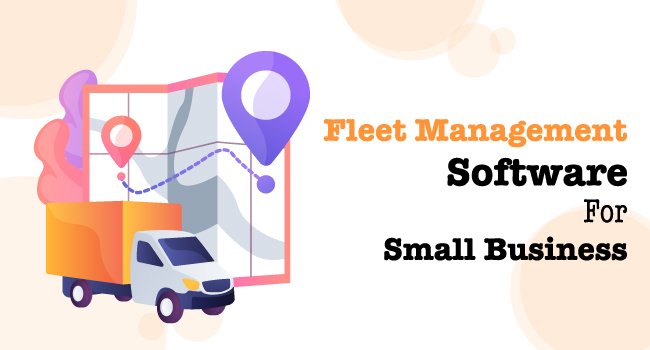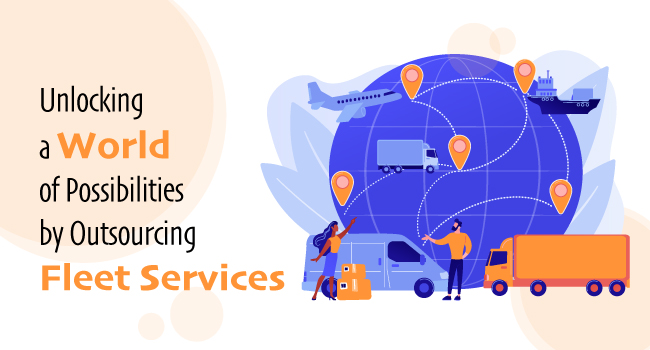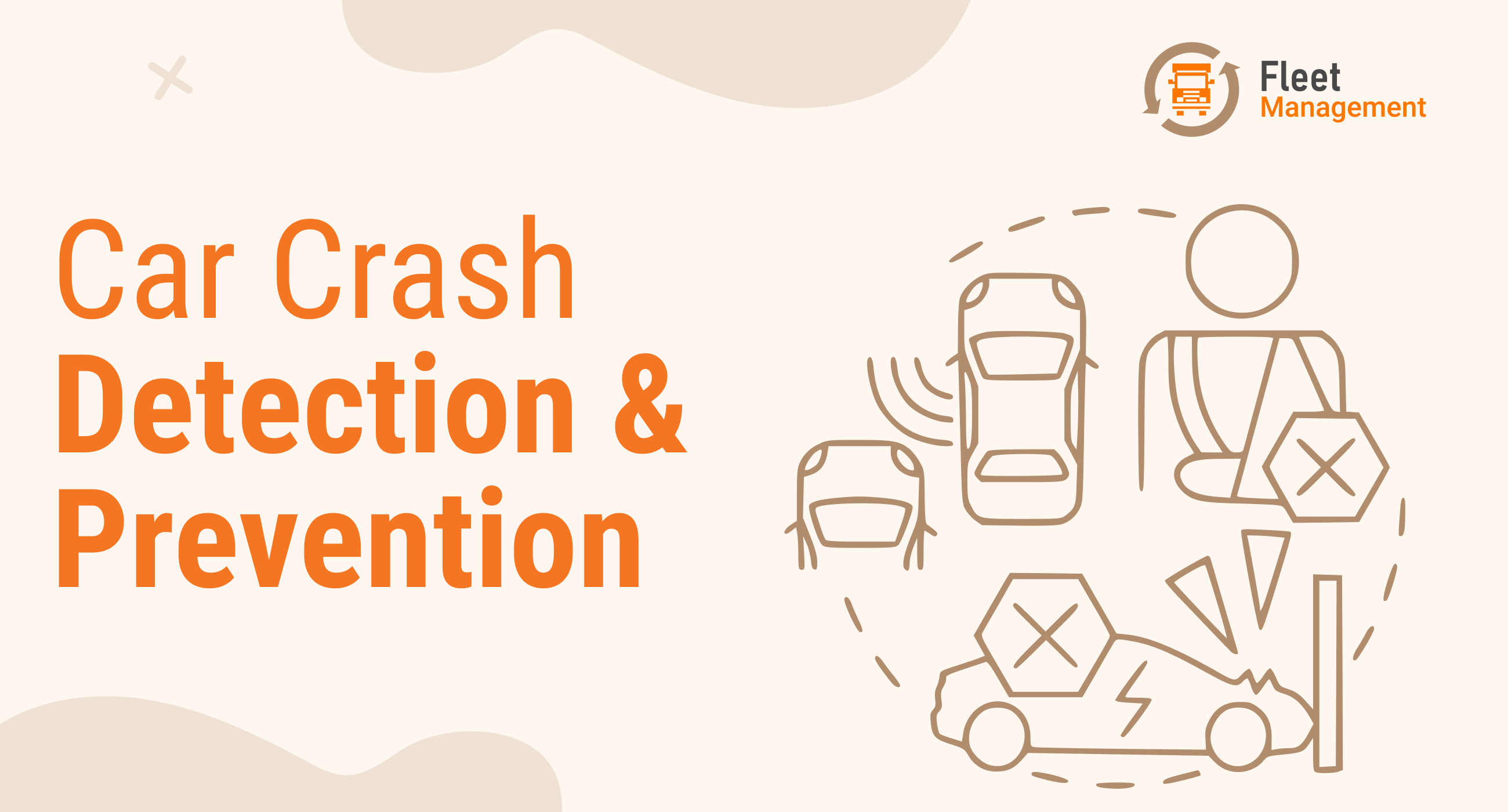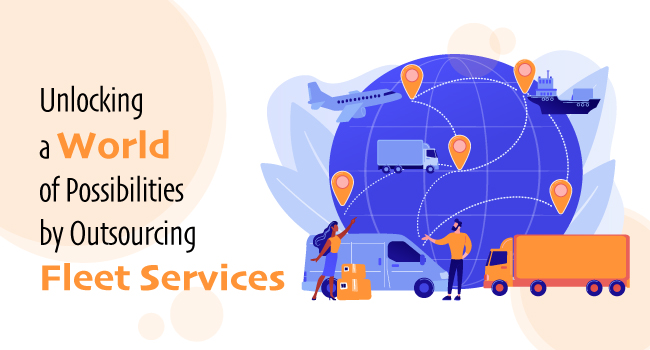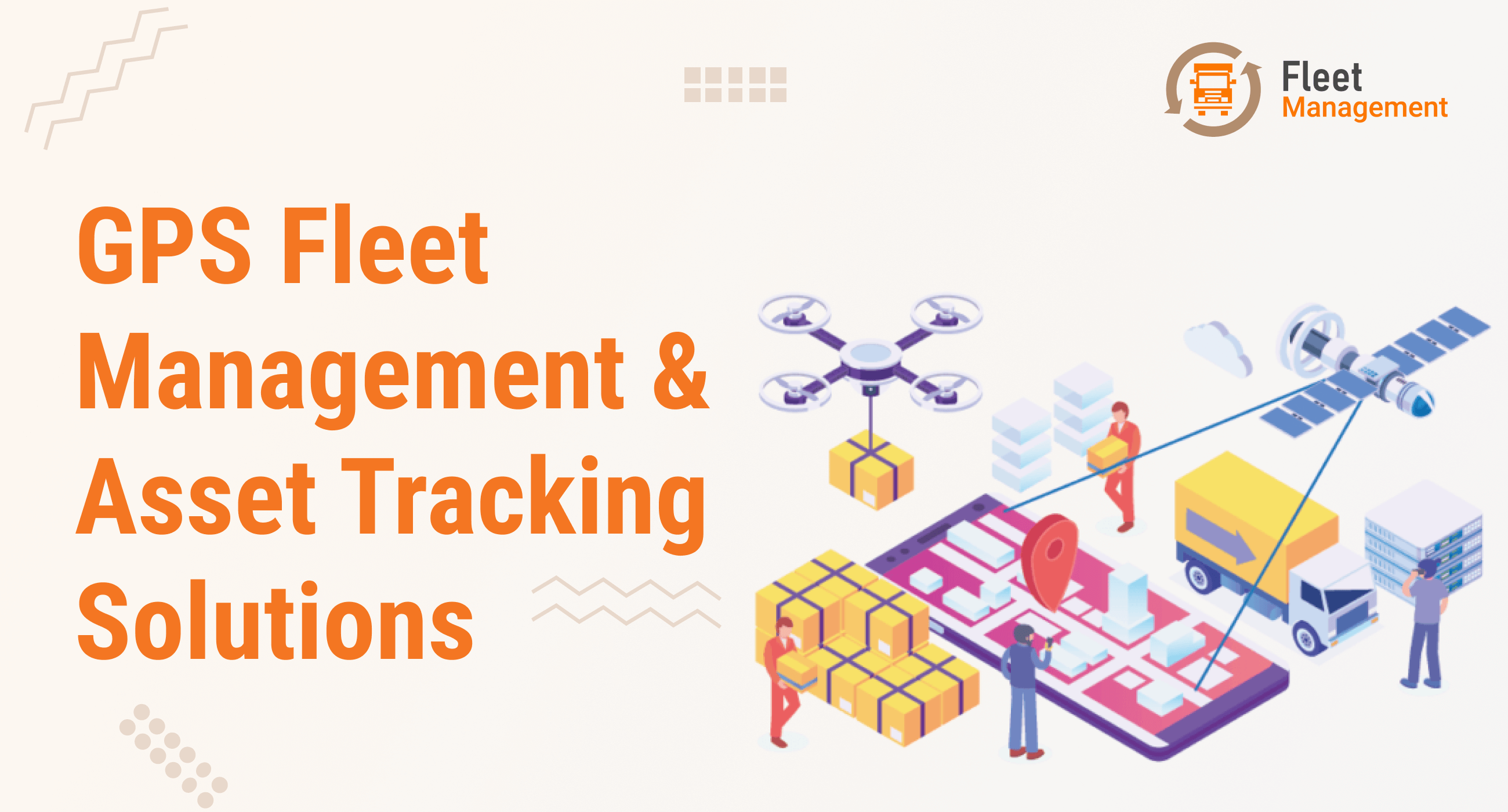Our Blogs
 Fleet Management()
Fleet Management() Car Rental Software()
Car Rental Software() Fleet Drivers()
Fleet Drivers() Infographics(0)
Infographics(0) News(0)
News(0)
Service We Offer
Follow Us
The Future Of Transportation
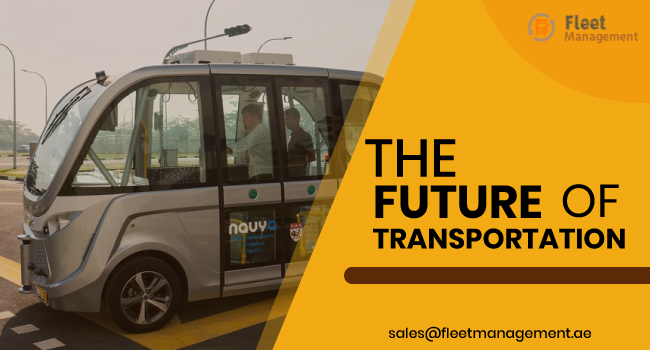
Transportation has undergone a sea-change of transformation during the past 200 years or more. From the age of steam engines to today’s driverless cars transportation has experienced revolutionary changes.
The future of transportation is extremely bright. The technological breakthroughs and constant innovations will keep the transportation industry evolving and encompassing wider areas.
Transportation and logistics form the backbone of any economy. Every activity is dependent on transport whether by road, rail, sea and water.
Read Also: 8 Tips for Managing Fleet Vehicles
Recent inventions have incorporated aspects of safety, speed and time to reduce risks and improve efficiency.
Factors that affect the Future of Transportation
Environment and technology are the major drivers that will revolutionize the transportation industry. The consideration of environmental issues has to lead the development of technology for the optimization of transportation services.
Transportation is vital to a growing economy, in delivering commodities and connecting people. But all forms of transport pollute the air. The push for cleaner environments has led to innovations that reduce pollution and carbon emissions from the vehicles.
The environmental issues are a matter of serious concern. It becomes more of a challenge with the number of cars and vehicles on the road set to increase in the coming years. Transportation has to ensure efficient and cleaner methods to shift goods and people.
Manufacturing different types of engines and using a different type of fuel for different types of vehicles will meet the challenges of the future of the transportation industry. There have been major developments in the field of transportation where prototypes have been tested and found viable to be used.
Alternate fuel includes solar, hydrogen, electricity, propane, natural gas and liquid petroleum. Fuel from agricultural waste is also being considered. Most of the alternative fuels are less expensive than normal gasoline. They are more energy-efficient and of less hazard to the environment.
Electric vehicles, both buses and cars, run with zero emissions and are noiseless. Apart from the availability of charging stations, they are comparatively maintenance-free.
Buses and trucks run on alternate fuels other than conventional petrol and diesel. Some of the trains and ships are hydrogen-powered.
Taking these developments one step further, inventions such as the following have set the future of transportation at a faster pace and cleaner than before.
1. Self-driven cars

Vehicles are programmed to absorb data from the environment using the software, sensors and cameras on board. The self-driving feature responds to this data. Self-driving cars aim to make the roads safer, free driver time and lower stress.
2. Smart Cars

A smart car is a compact and fuel-efficient vehicle. Cars have self-parking and driving assistance features. The new technology makes the drive easier for the driver and the ride more comfortable for the passengers.
Electric and hybrid cars are gaining ground as they comply with environmental and pollution criteria. They are emission and noise-free.
Though the issues of charging, distance travelled on single charges, the number of passengers that can be accommodated and smaller trunk space pose doubts, these cars have become common these days.
3. Autonomous Trucks

Different models of autonomous trucks have been tried and tested. An 18-wheel autonomous truck, launched by Daimler, performs similar to an auto-pilot in an aircraft and is not completely driverless. Safe distances and consistent speeds are maintained.
A driverless truck which can be controlled by a remote operator was manufactured by a Swedish company. Uber’s self-driving vehicle conducted a trial delivery travelling 120 miles. The UK is testing self-driving truck platoons to reduce carbon emission and increase efficiency.
4. Future of Aviation

Driverless drones have been designed as air taxis and aerial service deliverers. Volocopter, an unmanned two-seater flying vehicle, was tested in Dubai as a potential air taxi.
Read Also: 7 Essential Skills To Become A Successful Fleet Manager
Amazon is speeding up delivery service using unmanned aerial vehicles. They promise delivery of products to customers in less than 30 minutes. They have a patented drone that can be recharged connecting to an electric car in motion.
5. Cargo Ships

Remote-controlled ships that can transport goods are being developed by Rolls Royce. Multiple ships can be controlled by a single land-based hub. The absence of crew on board will make the operation cheaper. There will be more space for cargo also.
6. Future Rail networks

The high-speed bullet trains of Japan exist from 1964. From then many countries have been planning to start similar trains. Though progress has been very slow high-speed rail networks are being considered. High-speed rails and Maglev trains can even replace air travel for considerable distances.
The Hyperloop developed by Elon Musk is an underground rail network with speeds of 240 mph. Other developers are hoping to achieve three times this speed.
7. Future of GPS devices

Modern GPS devices are packed with newer software and are versatile. These devices calculate the mileage, estimate time of arrival, adjusts to weather conditions and traffic conditions.
GPS devices are inevitable in the future. The data provided by the device is enormous and is of utmost importance in tracking the vehicles in real-time.
8. Gyroscopic Vehicles

Vehicles propelled with gyroscopes and hovering on monorails takes the future of transportation to its peak. These cars are an answer to the issues in transportation.
The gyrocars are similar to buses or trains. They can move along city roads and raise their body on built-in stilts to drive through traffic congestions.
9. Personal Transportation pods

Transportation pods reduce personal injury and the risk of crime as there is space only for one passenger. These pods are used where there is overcrowding in vehicles which leads to theft and crime. These pods are used in the neighborhood of Heathrow and at Masdar City in Abu Dhabi.
10. Conventional methods
Since the future of transportation depends on climate change, carbon emissions and non-fossil fuels, cities promote walking and bicycling. Walking school buses prevail in many parts of the US. Electrified bikes and scooters and docked bikes are a solution to micro-mobility.
Car-sharing and mass transit systems increase the number of users of each vehicle eliminating individual rides and preventing traffic congestion.
The future of transportation in cities lies in affordable solutions to urban transportation. The governments have to take initiative and make investments to provide smooth and clean rides to the citizens.
Read Also: What Are The Benefits of Fleet Management Software?
The future of transportation is surely changing with the times. The vast amount of data used to design delivery routes, track traffic, receives payments; pay insurances, etc. provides ample insights to make the transportation system more efficient and safer.
The future of transportation according to experts is shared between electric and automated. The fully electric and automated vehicles will prove to be more cost-effective, energy-conserving and convenient than private owner-driven vehicles.

